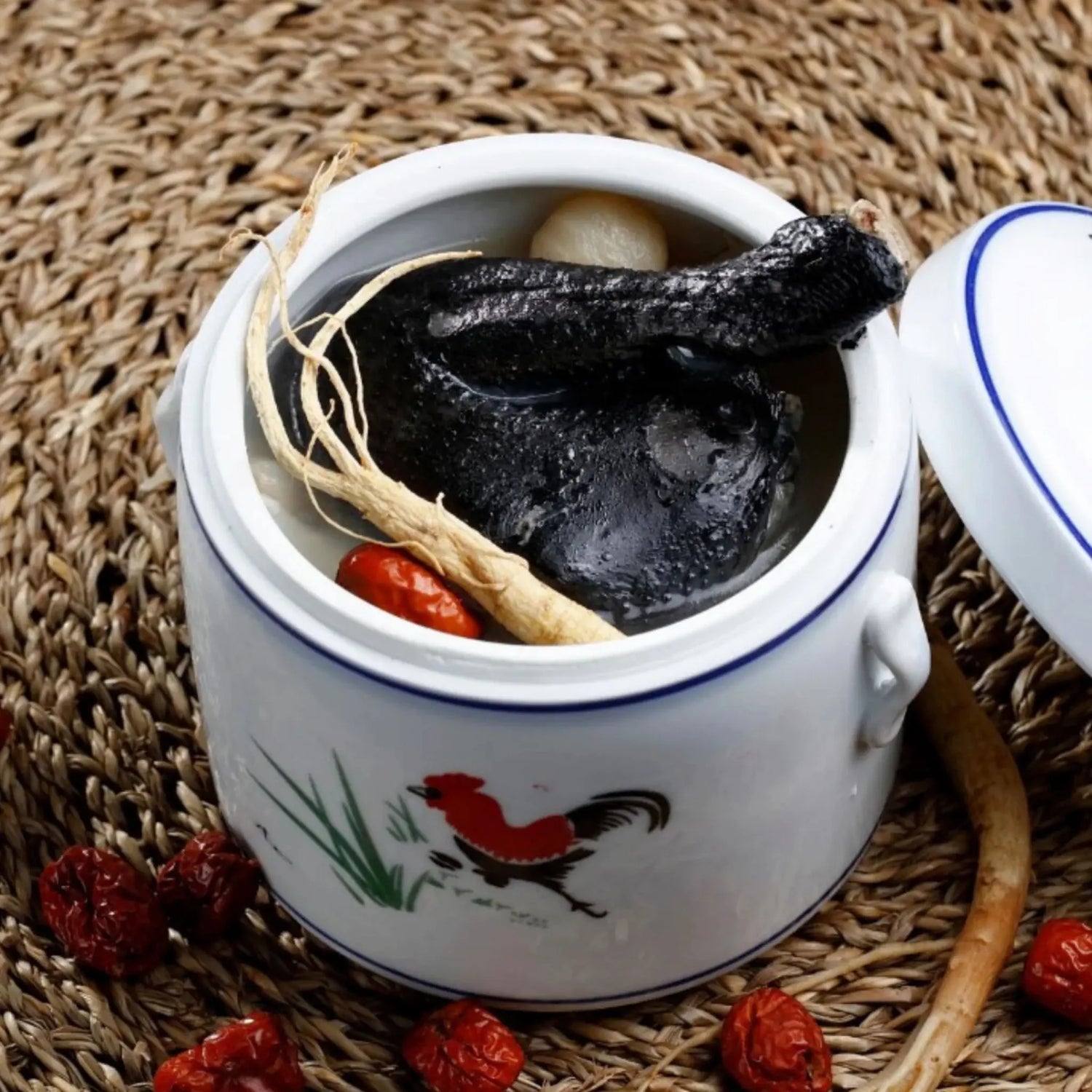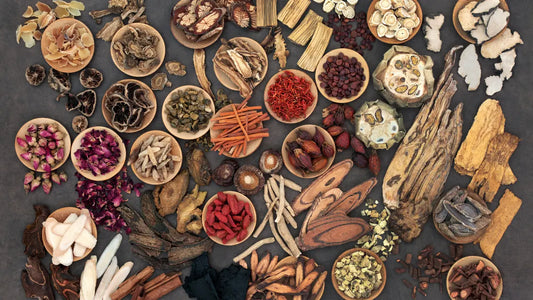The Risks of Bringing Confinement Herbs into Australia: What New Mums Should Know
For many new mothers following traditional postpartum practices, especially those rooted in Chinese culture, confinement herbs are an essential part of recovery. But if you're considering bringing herbs into Australia, either through personal travel or via overseas packages, it's important to understand the risks involved.
1. Australia Has Strict Biosecurity Laws
Australia enforces some of the world’s strictest biosecurity regulations. Many herbs, especially dried roots, seeds, and plant materials, are considered potential biohazards. Even if they look harmless, they might carry pests, fungi, or diseases that could harm Australia’s environment and agriculture.
If you bring in herbs without declaring them, or if they are not permitted, they may be confiscated at the border. In some cases, heavy fines apply.
Real example: A traveller arriving from Bali was fined AUD 2,664 after failing to declare egg and sausage McMuffins in their luggage. The fine was issued on the spot, and the food was destroyed by customs officers.
2. Certain Herbs Are Restricted or Banned
Some ingredients used in traditional confinement practices are not allowed in Australia. This could be due to biosecurity risks or because the ingredient is classified as a therapeutic good or medicinal product.
For example:
- Animal-based ingredients like deer antler or dried gecko are usually prohibited.
- Some mushrooms or roots may need special permits, or may not be allowed at all.
- Items that are poorly labelled, especially without English, are more likely to be detained.
Example: A traveller was fined AUD 3,300 and had their visa cancelled after trying to bring in over a kilogram of undeclared raw pork and cheese. They were sent back to their country and banned from re-entering Australia for three years.
3. You May Breach Customs or Health Regulations
If the herbs are considered therapeutic and claim to help with recovery, healing, or treating specific conditions, they may fall under the Therapeutic Goods Administration (TGA). Products that haven’t been assessed or approved by the TGA may be illegal to import, even for personal use.
Family or friends overseas might unknowingly send herbs that violate these rules, which can result in confiscation or penalties.
4. There Are Potential Safety and Quality Risks
Even if herbs arrive successfully, there can be concerns about:
- Contamination with heavy metals, pesticides, or mold
- Unregulated dosage or inconsistent strength
- Poor hygiene or packaging standards
During the postpartum period, when the body is already vulnerable, these risks are especially important to avoid.
Safer Alternatives for New Mums in Australia
If you want to follow traditional confinement practices without the worry, choose a local provider that specialises in postpartum support. Many of these businesses offer herbal soup or tea packs inspired by tradition, using ingredients that are approved and safe to use in Australia. You can enjoy the benefits of traditional postpartum recovery without worrying about customs delays or legal issues.
Final Thoughts
Bringing confinement herbs into Australia might seem like a convenient way to honour tradition, but the risks at customs and the uncertainty around safety can create unnecessary stress. With fines reaching up to AUD 5,500, visa cancellations, and product seizure, it’s often not worth the risk.
Choosing locally sourced, regulation-compliant products ensures peace of mind during this special and sensitive time.
If you're unsure whether an item can be brought into Australia, visit agriculture.gov.au or speak to a qualified health or customs professional before making a decision.






